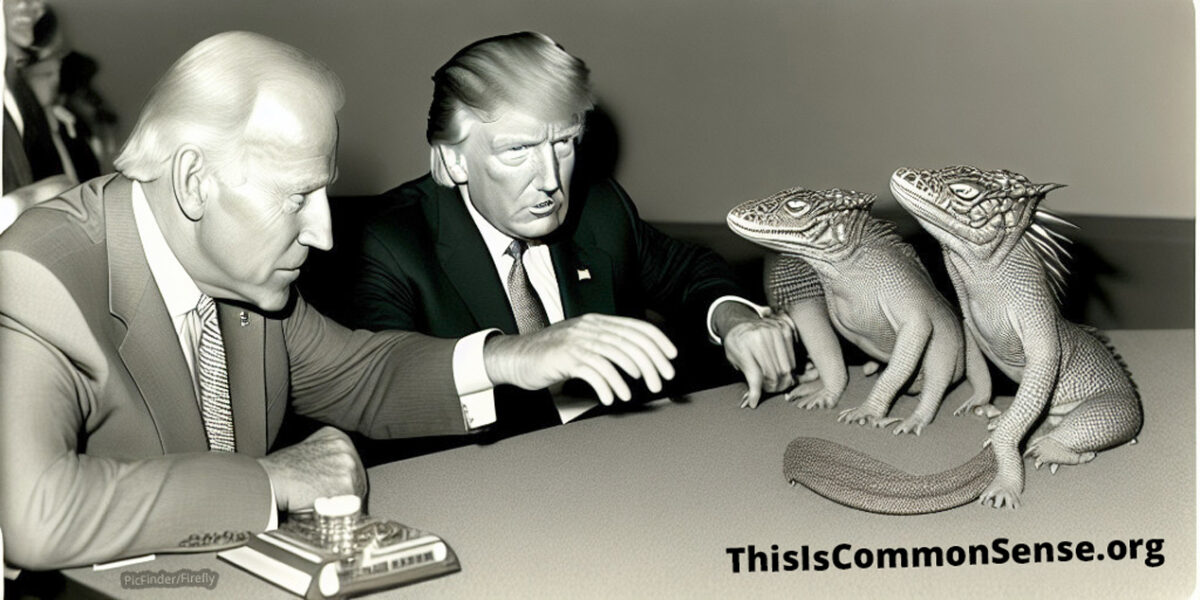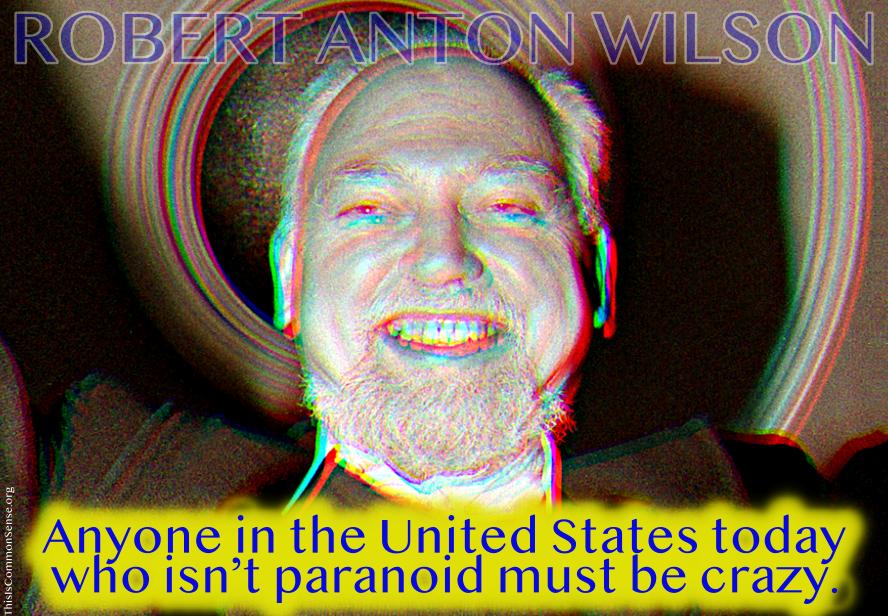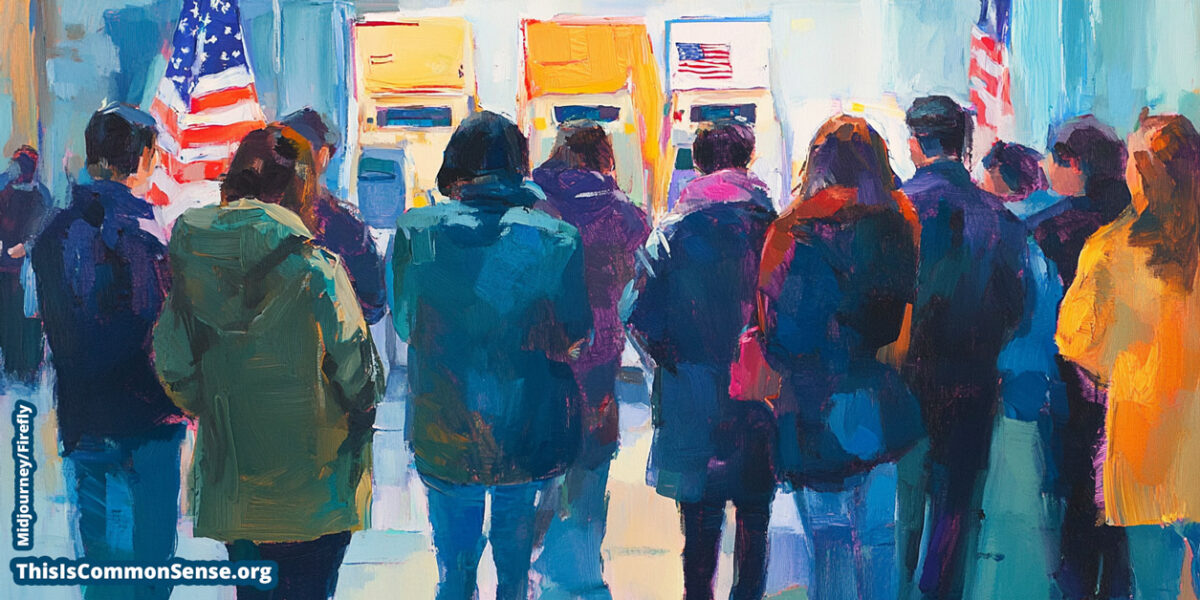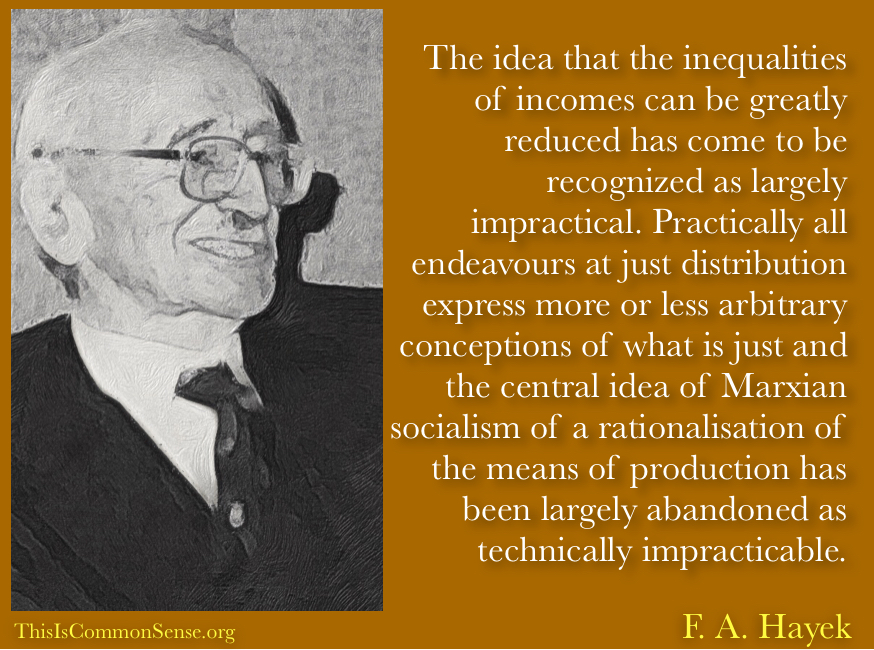Monday last, a group of Democratic congressfolk “sent a letter to the Federal Election Commission (FEC), asking the agency to adopt regulations prohibiting the creation of deepfakes of election candidates,” Emma Camp tells us in last Thursday’s Reason article, “These Democrats Want the FEC To Crack Down on Elon Musk’s Grok.”
Current law already “prohibits a candidate for federal office or an employee or agent of a candidate from fraudulently misrepresenting themselves, committee, or organization under their control,” the letter states, but candidates have already been caught using “Artificial Intelligence (AI) in campaign ads to depict themselves or another candidate engaged in an action that did not happen or saying something the depicted candidate did not say.”
OK. Regardless of the merit of current regulation, the apparent fact that some political actors have defied the rule (perhaps out of ignorance) doesn’t necessitate more legislation. Why not just let the wheels of justice, or what passes for it in the FEC realm, go on doing what they’re doing?
Because Elon Musk.
Specifically, his X (“Twitter”) platform recently launched “Grok‑2,” an AI for the creation of pictorial representations (not unlike those used here at ThisIsCommonSense.org). And, shock of shocks, there are no rules in place for ordinary people to take artistic license at those politicians they hate and and for those politicians they don’t.
As Ms. Camp notes, but the legislators don’t, most of these efforts have been for comic effect.
The Democrats don’t like this.
They request expeditious consideration for the creation, by the FEC, of new rules to “regulate” (suppress) AI by ordinary users to maintain the ostensible integrity of “our democracy.”
We have, Ms. Camp not unreasonably concludes, been pretty good at detecting “deep fakes” so far.
Besides, the big problem in politics is shallow fakes.
They’re everywhere. They’re called politicians.
This is Common Sense. I’m Paul Jacob.
PDF for printing
Illustration created with PicFinder and Firefly
—
See all recent commentary
(simplified and organized)
See recent popular posts





